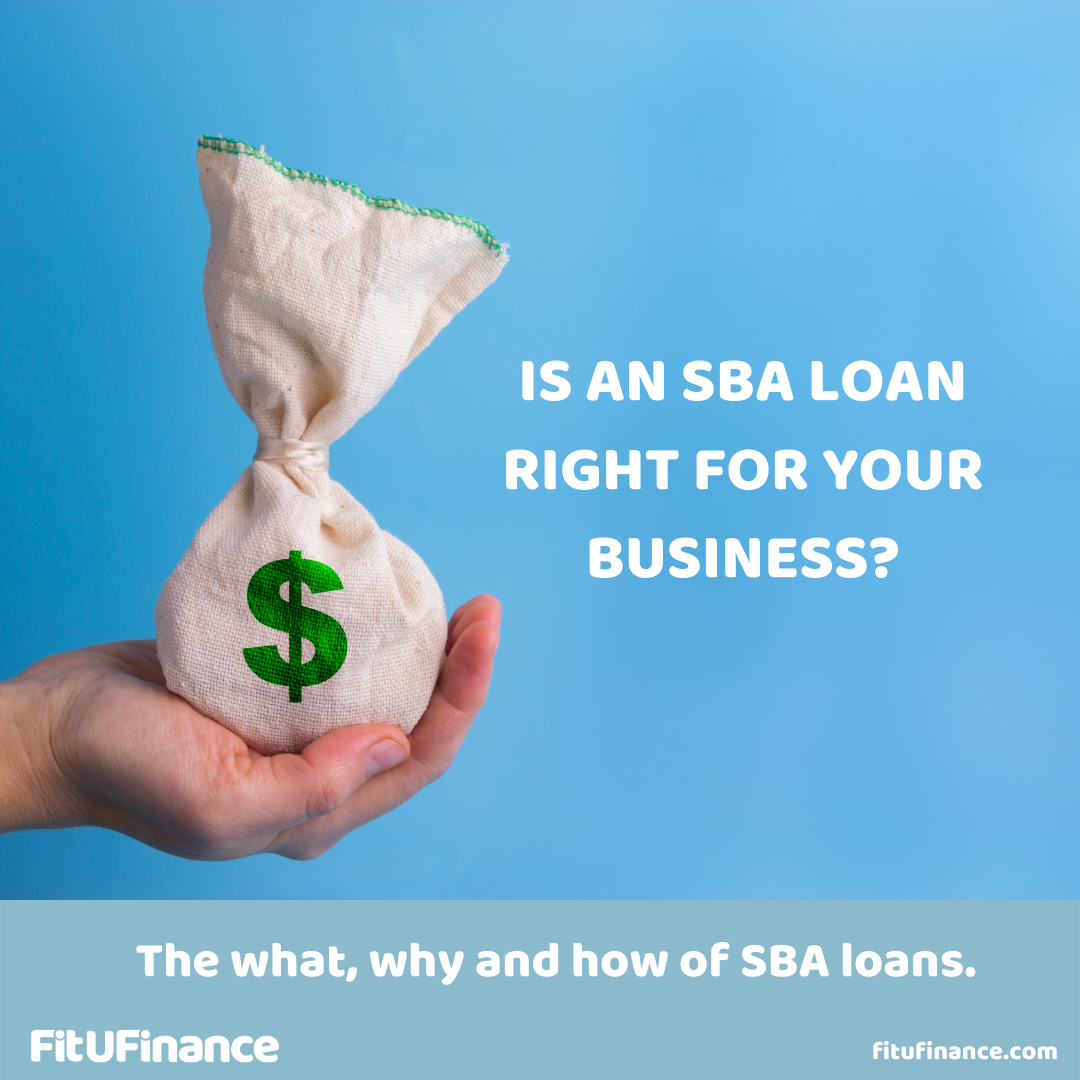SBA Loans – what, why and how.

Are you thinking of applying for an SBA Loan?
Created in 1953, the U.S. Small Business Administration (SBA) continues to help small business owners and entrepreneurs pursue the American dream. The SBA is the only cabinet-level federal agency fully dedicated to small business and provides counseling, capital, and contracting expertise as the nation’s only go-to resource and voice for small businesses. The SBA doesn’t loan the money, but works with approved partners to help small business get the funding they need.
While the SBA provides great service, getting an SBA loan is not exactly easy and it can be difficult to decide if it is the right choice for your business. If you are unfamiliar with the process, here are a few tips to help you prepare for the application.
Are There Different Types of SBA Loans?
Depending on your needs, there are a variety of reputable loan programs provided by the SBA. For example, a 7(a) program is generally the most flexible, while a 504 loan offers fixed-rate financing for updates and expansion. A microloan, on the other hand, is a short-term agreement for working capital, inventory or equipment. Microloans are usually handled by nonprofit organizations who can guide you through the technical aspects of interest rates and terms.
Although there are several types of loans to explore, the SBA is committed to helping small business owners visualize their dreams. The main goal is to resolve issues with cash flow by supplying entrepreneurs with critical startup funds and low monthly payments. For those who are new to operations and management, there is no need for collateral or an extended history of transactions.
What Will You Need to Submit an Application?
In most cases, you will be required to meet with a loan officer to discuss your finances and determine your eligibility for funding. If the lender is not familiar with your concept, share relevant information about your products and explain your basis for determining demand. Present your ideas with confidence to gain support before delving into paperwork and accounts.
A positive attitude can work wonders, but you can’t replace the facts when you are talking to a lender. Be ready to supply copies of your invoices, tax returns and personal statements to verify your income and expenses. It is better to have too much information than to show up unprepared.
If you’re considering a small business loan, then get in touch with us today and we can help you navigate through the application process and get the funding you need.
